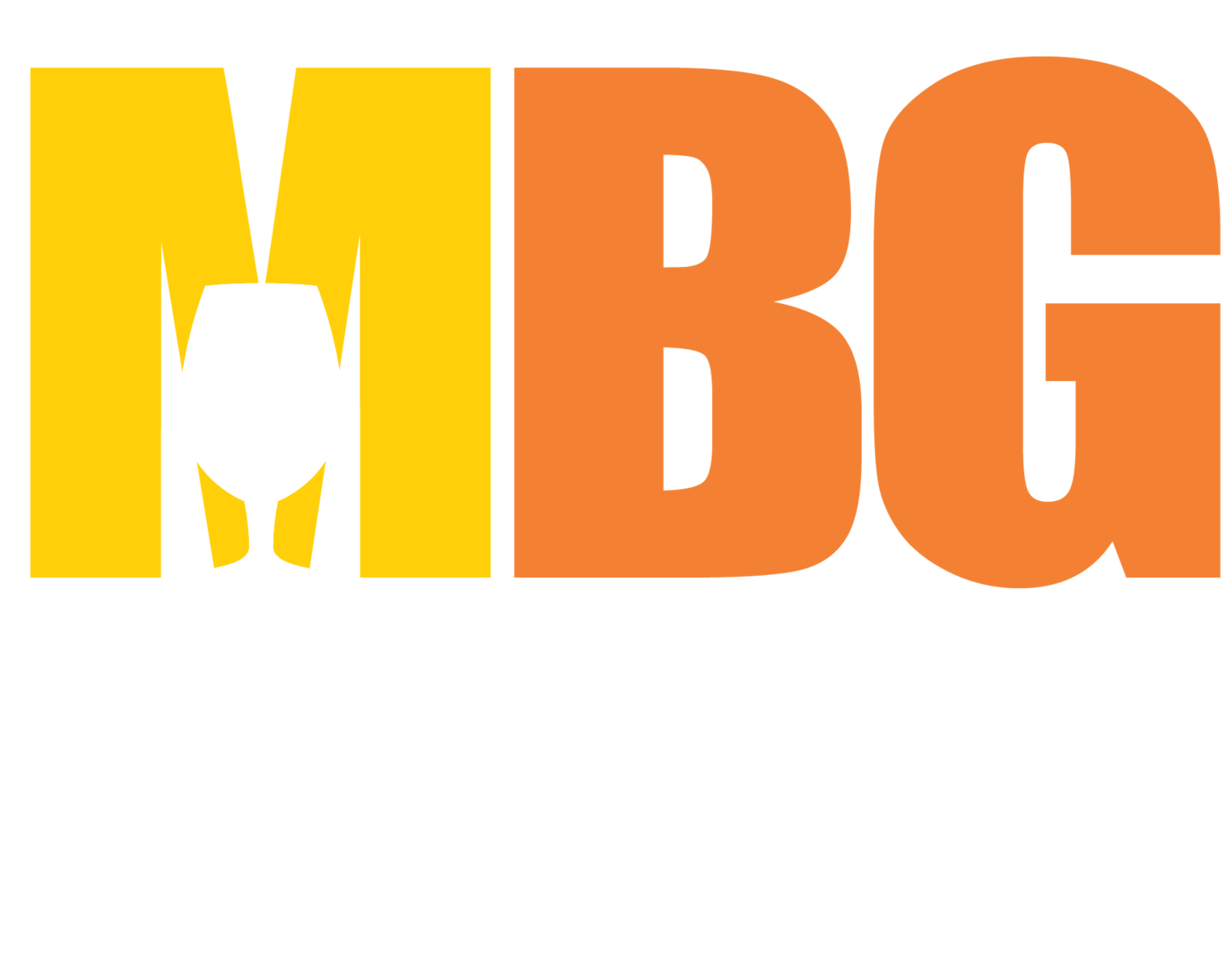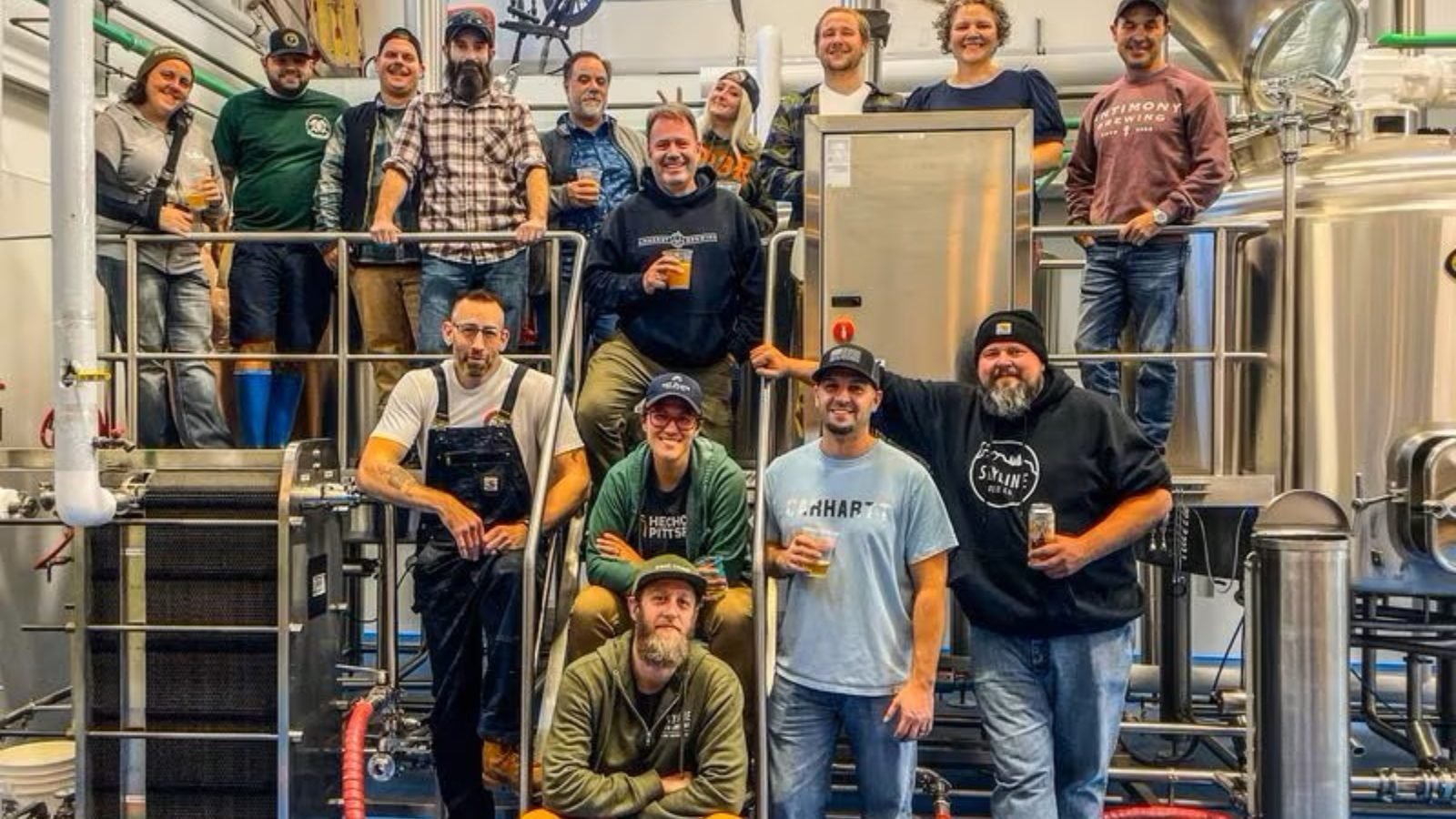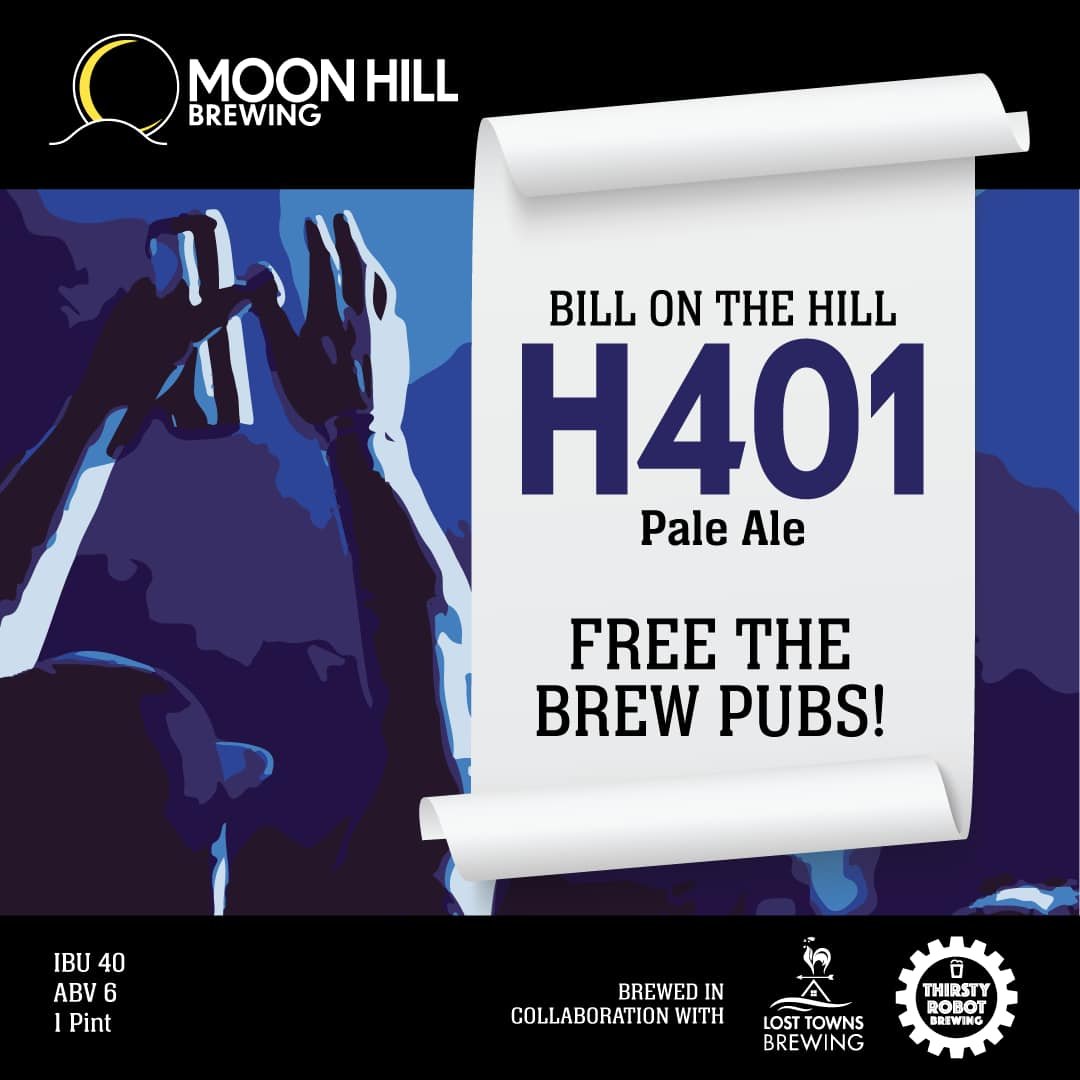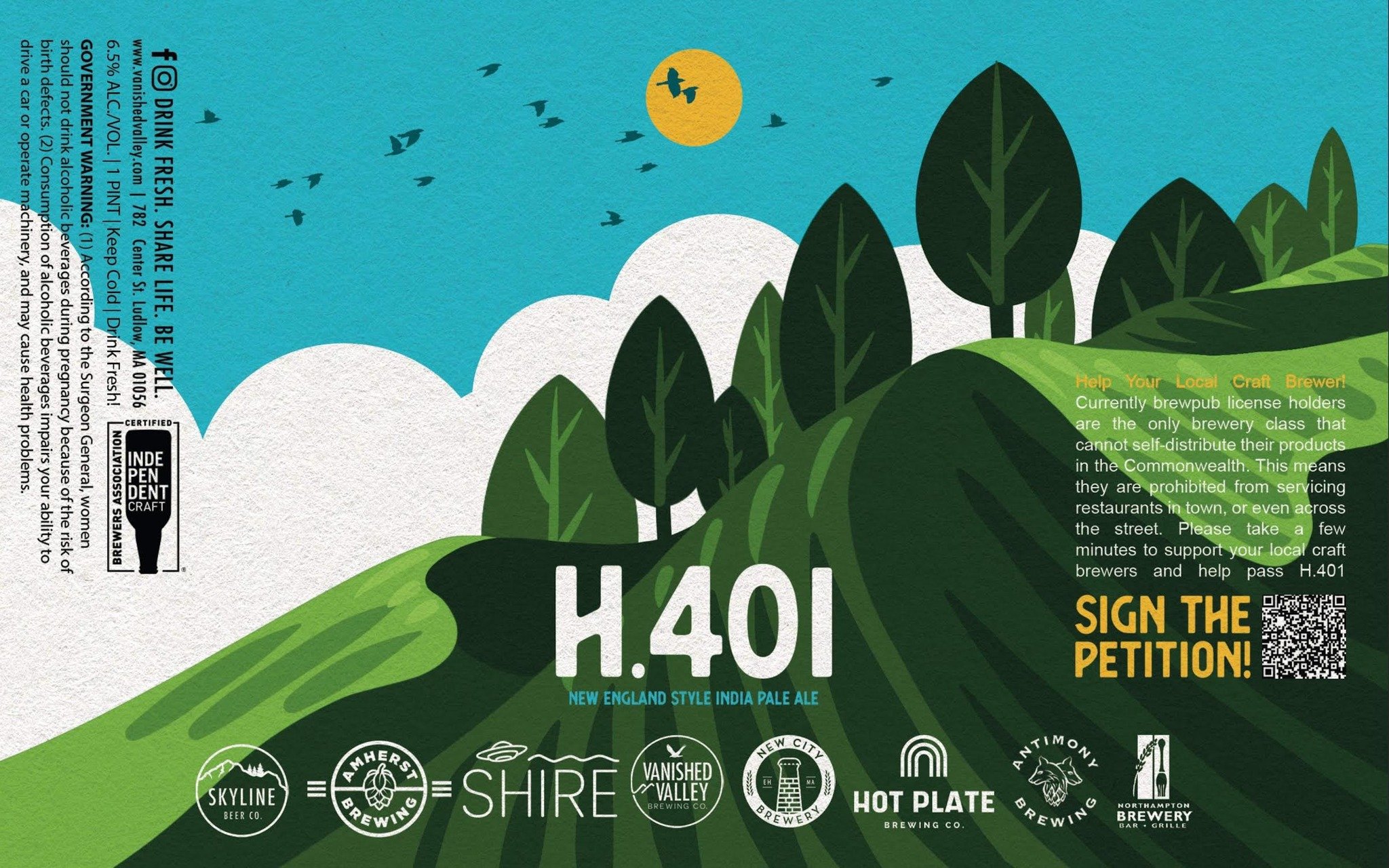15 brewpub brewers from Massachusetts pose at Vanished Valley in Ludlow during a brew day for H.401 New England IPA.
Since the dawn of the United States, people have come together over beer to make progress. So to get their point heard on Beacon Hill, Massachusetts brewers recently came together to brew two beers to draw attention to Bill H.401, designed to give brewpubs the power to self-distribute a limited amount of their own beer.
Vanished Valley Brewing Co. in Ludlow hosted fellow pub-brewers from Amherst Brewing, Antimony Brewing, Hot Plate Brewing Co., Northampton Brewing Co., Shire Brewing, Skyline Beer Company, and New City Brewery in November to produce H.401 New England IPA. Also in November, Gardner’s Moon Hill Brewing collaborated with Lost Towns Brewing and Thirsty Robot Brewing to make H.401 Pale Ale. Both beers are available in limited quantities at Vanished Valley and Moon Hill Brewing Co.
The Massachusetts Brewers Guild spent much of the last year circulating a petition in support of Bill H.401, and also encouraging the passage of separate legislation that would allow local craft brewers to sell their beer at retail at farmers markets. (Currently, beer can’t be sold to-go at farmers markets, but wine, cider and mead can.)
Caleb Hiliadis, director of brewing operations at Amherst Brewing, which supplies five Hangar brewpubs in Western Mass., sits on the board of the Mass Brewers Guild and chairs the Events, Government Affairs & Membership Committee. He has been advocating for changes to the state’s brewpub license laws for six years.
“It feels like we're at a turning point. We're effectively communicating to our customers that these bills are important to us,” he says. “In the world we live in, there are a lot of other things that take up a lot of the political capital at the state level. So we have to be more vocal than ever in communicating our needs as small businesses.”
Thanks to much campaigning by Hiliadis and other MBG members, such as Rick Walton, owner of Moon Hill Brewing Co. and Gardner Ale House, Gardner Rep. Jonathan D. Zlotnik re-filed Bill H.401 in 2023 (for a third session). In May, it was referred to the State House’s Joint Committee on Consumer Protection and Professional Licensure, where it remains.
Meanwhile, 1,708 Massachusetts beer fans from across the Commonwealth have signed the MBG’s pub brewer petition. Another 508 have added their names to support updating the farmers market legislation.
Hiliadis is optimistic that this legislative session is the time for change. “The biggest thing is to keep attention” on the craft beer industry’s priorities, he says, because when people hear about these issues they agree, “both of these bills are common-sense legislation.”
What’s the issue around H.401?
Currently, breweries with a pub-brewery license like Amherst’s must go through a third-party distributor to move any product, even from their own brewery to a sister pub, or to a neighboring business. “The beer has to go to Chicopee before it can go next door,” Hiliadis says, describing the protocol to deliver his product to the liquor store and restaurant that share Amherst Brewing’s parking lot. Breweries that hold a farmer brewery license can self-distribute up to 10,000 barrels. Pub-brewery license holders are the only brewery class in Massachusetts that cannot self-distribute their products. It’s a limitation that results in lost revenue, more trucks on the roads, and added administrative burdens for pub-brewery owners.
Bill H.401 would only allow a pub brewery to self distribute 50,000 gallons of beer a year - roughly 3,000 kegs. So passage of this bill will not replace brewpubs like Amherst’s wholesale relationships, Hiliadis says. In fact, being able to self-distribute the relatively small amount of beer it sends to its own brewpubs and neighbors will allow Amherst Brewing to grow its statewide distribution. “We could invest more to keep up with the demand and do more with our distributors,” Hiliadis says.
Amherst Brewing’s wholesale partners are well aware of the industry’s proposed changes to brewpub self-distribution guidelines and have presented no opposition to H.401, Hiliadis notes. For years, his company’s distribution contract agreements have outlined the brewpub’s intent to self-distribute a limited amount of beer, should the bill pass. “I still don't know where the opposition is at the state level,” Hiliadis admits. “At some legislative hearings, you talk to people, and they're like, ‘I thought you were already doing that.’ So we have to keep educating and using whatever voice we have,” he says, to bring attention to these issues.
Thankfully, Hiliadis says, the local beer industry has a supportive and vocal community. “Leaning on that as craft brewers and saying to our customers, ‘We need you to let your legislator know that this would be important to us,’ is bringing a lot of attention to these priorities.”
Limited amounts of both H.401 beers are available at the participating brewpubs. Call ahead if you want to be sure to try it—and please, contact your legislators about these issues today.



